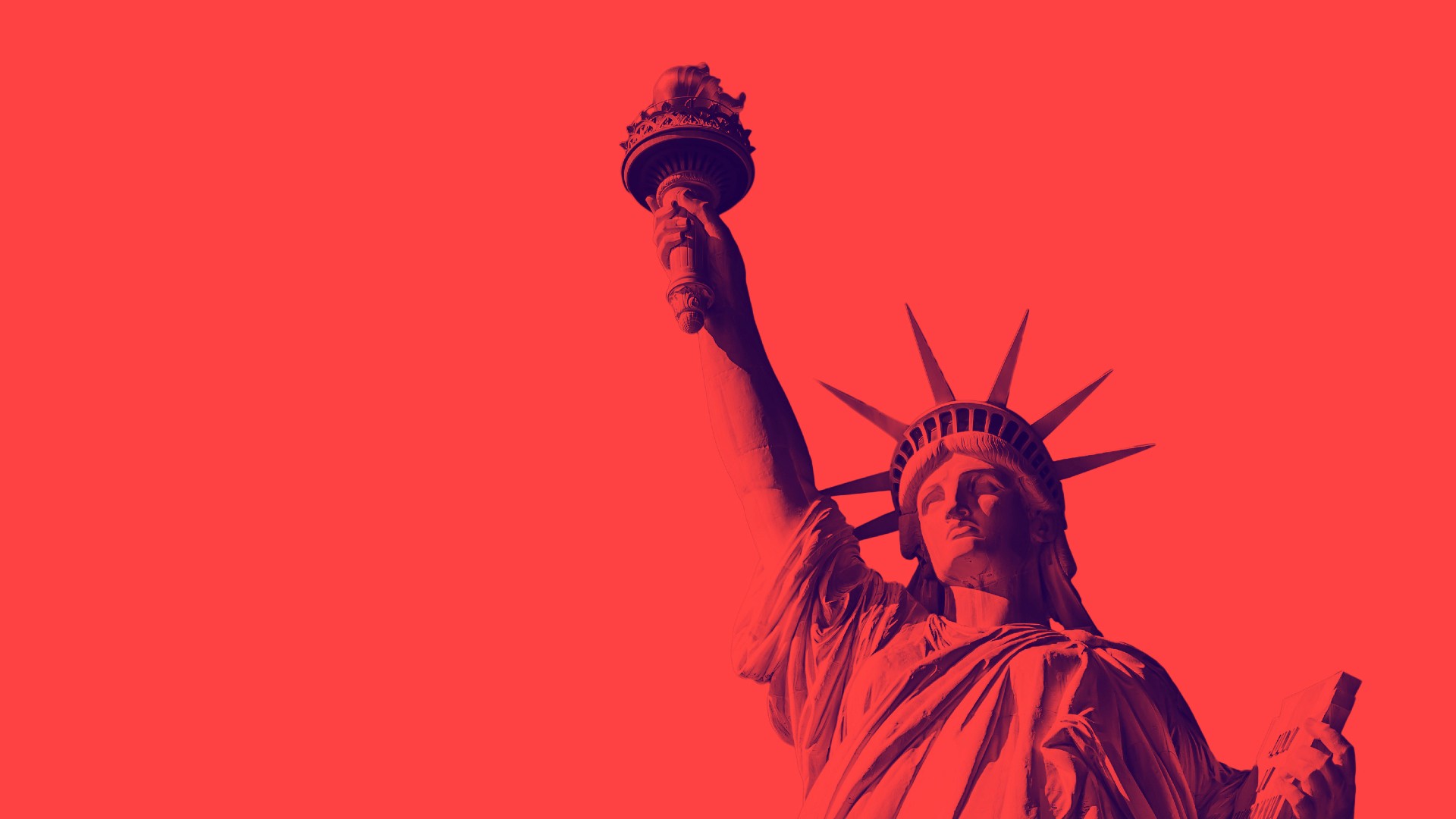Helen Fisher on what it’s like to spend your career studying love.
Question: What has been the strangest reaction from somebody who finds out what you do for a living?
Helen Fisher: I’ll never forget the moment, and it’s only happened a few times, and it was a very fancy room full of people with black tie, not that they’re any smarter, but I thought they might be a little bit more educated. And it was a woman, and I don’t know how we got on to what I did, and I started talking about love and the brain. And she looked at me and said, “Why would you want to know?”
I couldn’t understand it at first because I’m so curious about it, and I finally began to realize she felt that knowing more about romantic love would spoil it and she wanted to keep it in the supernatural. And my real response to that is, you know, I do know a good deal about romantic love, but you know, you can know every single ingredient in a piece of chocolate cake and then sit down and eat that cake and feel that rush of joy in the same way that you can know everything there is, or a great deal about romantic love and still feel that intense passion just the way anybody else does. But what it’s really done for me is dramatically expanded my sense of unity I think with all humanity.
I will look in a museum at a little bracelet that somebody dug up from 20,000 years ago and I think somebody gave that bracelet to somebody, somebody wore it. Somebody was in love. Poetry from around the world. I mean, I look at a baby carriage now and I say, “Oh boy, are you in for something.” But there’s continuity when you begin to study romantic love. You feel the deep passion of just about everybody on earth.
Recorded on January 6, 2010






